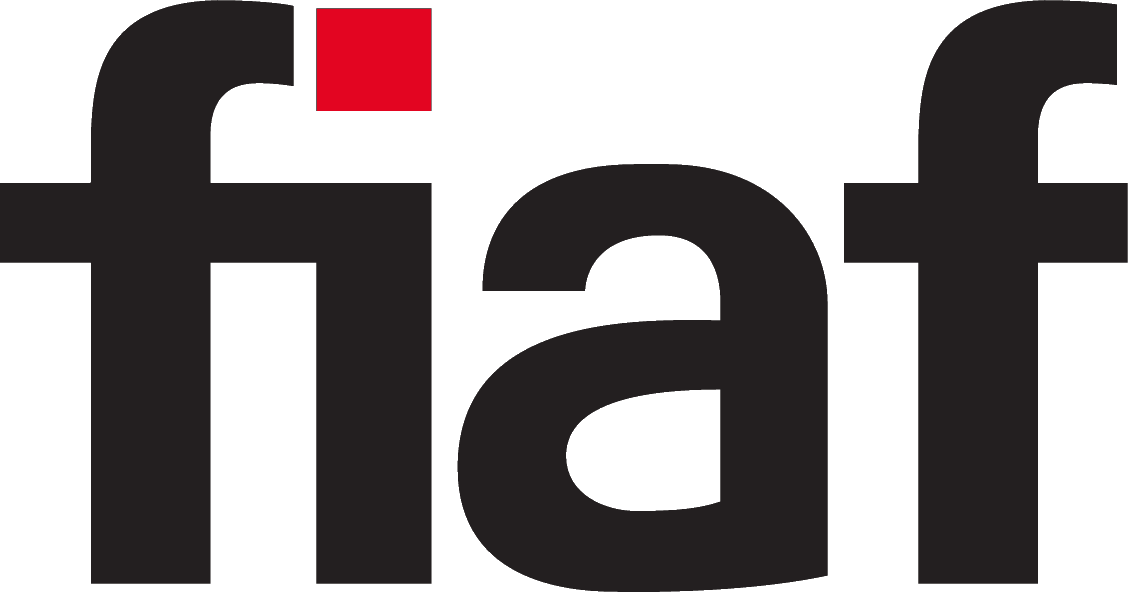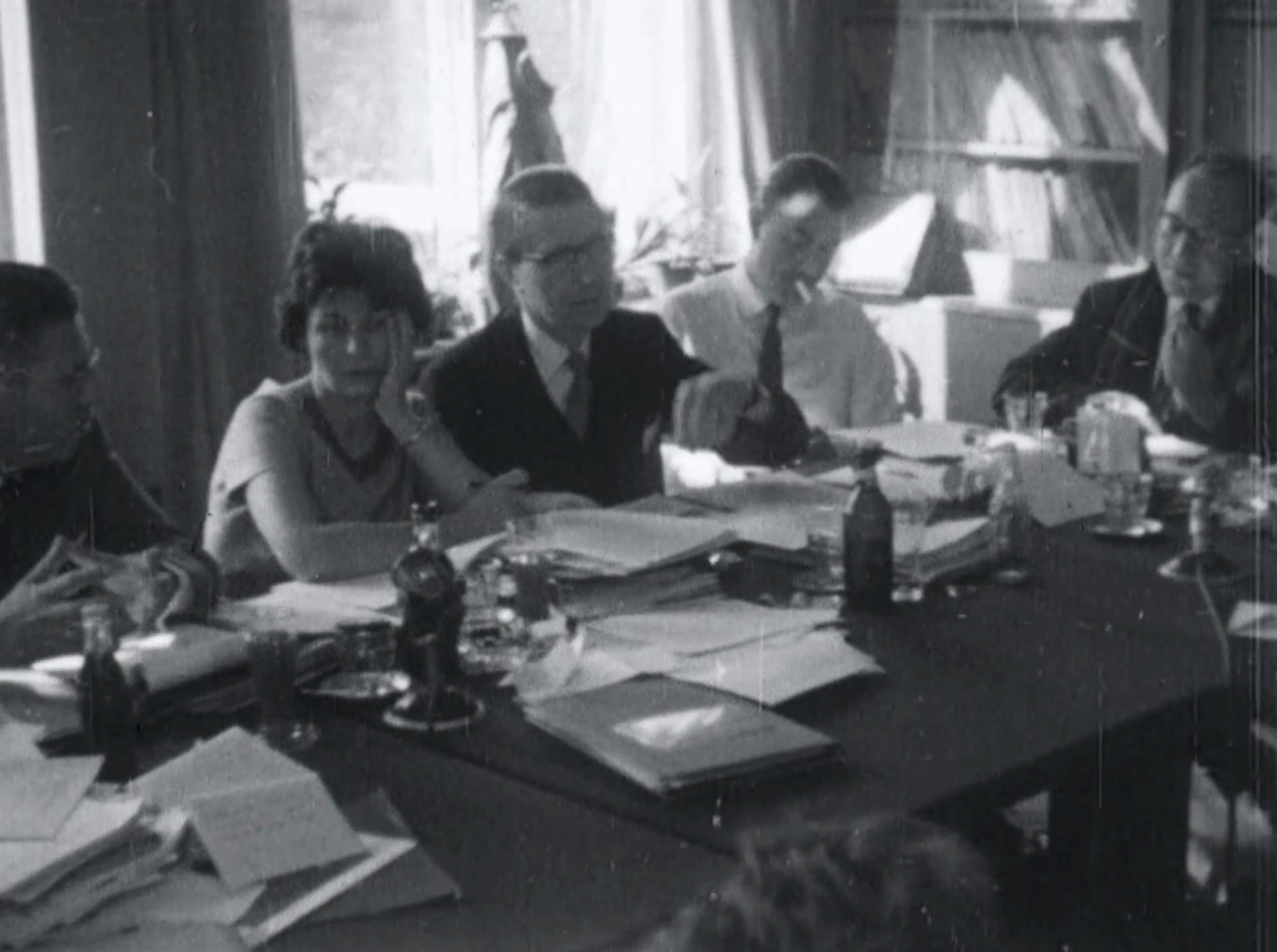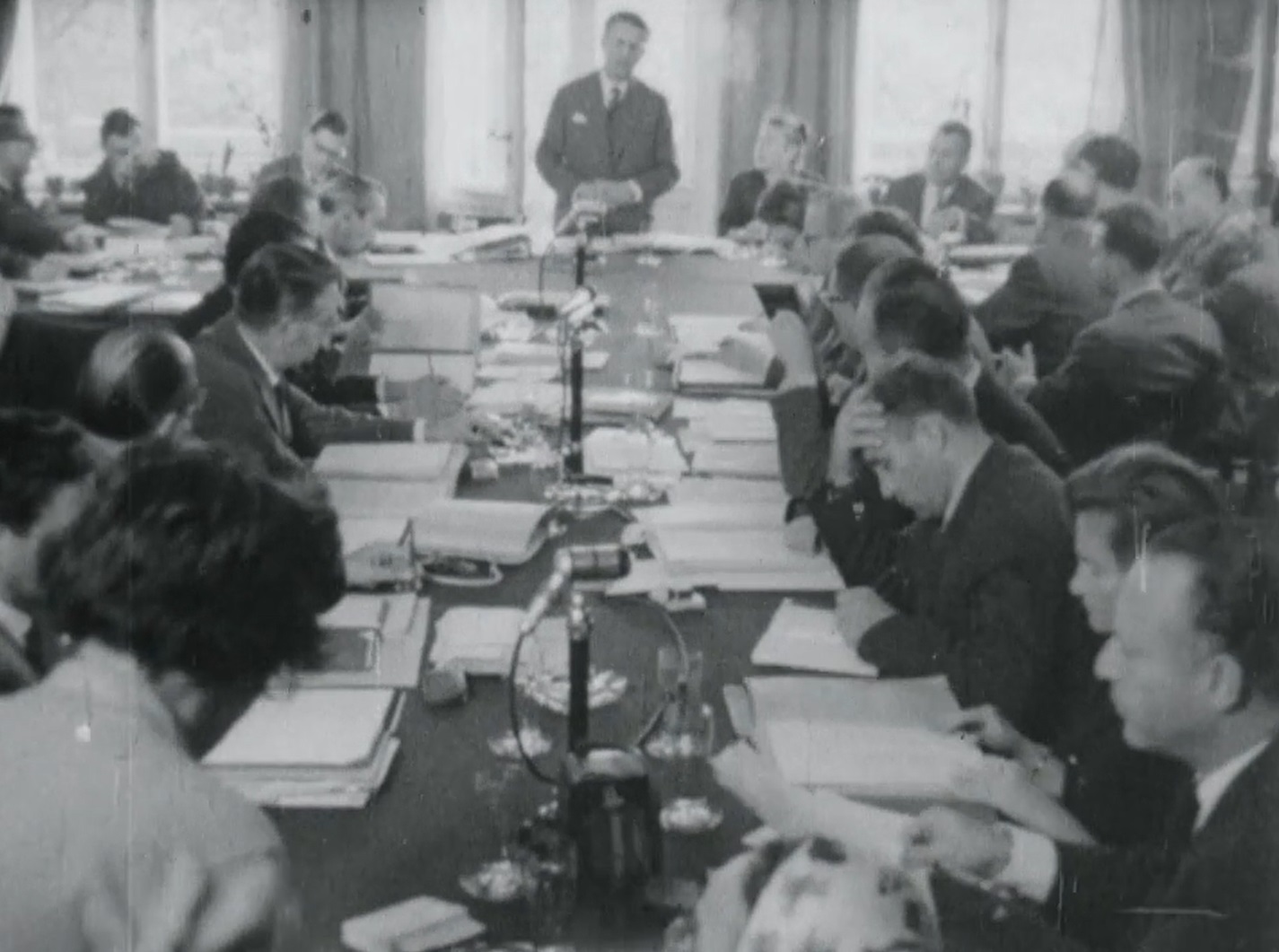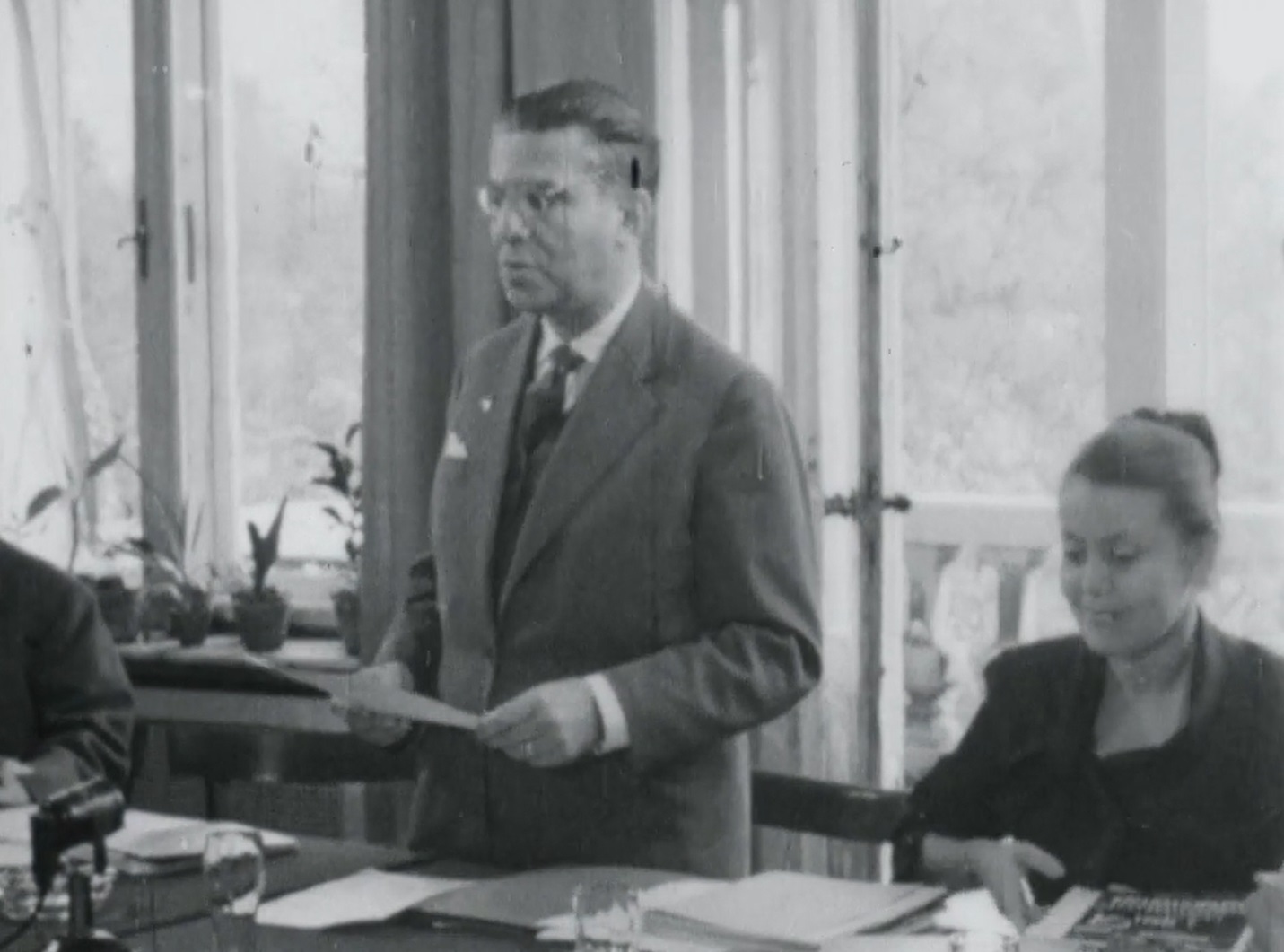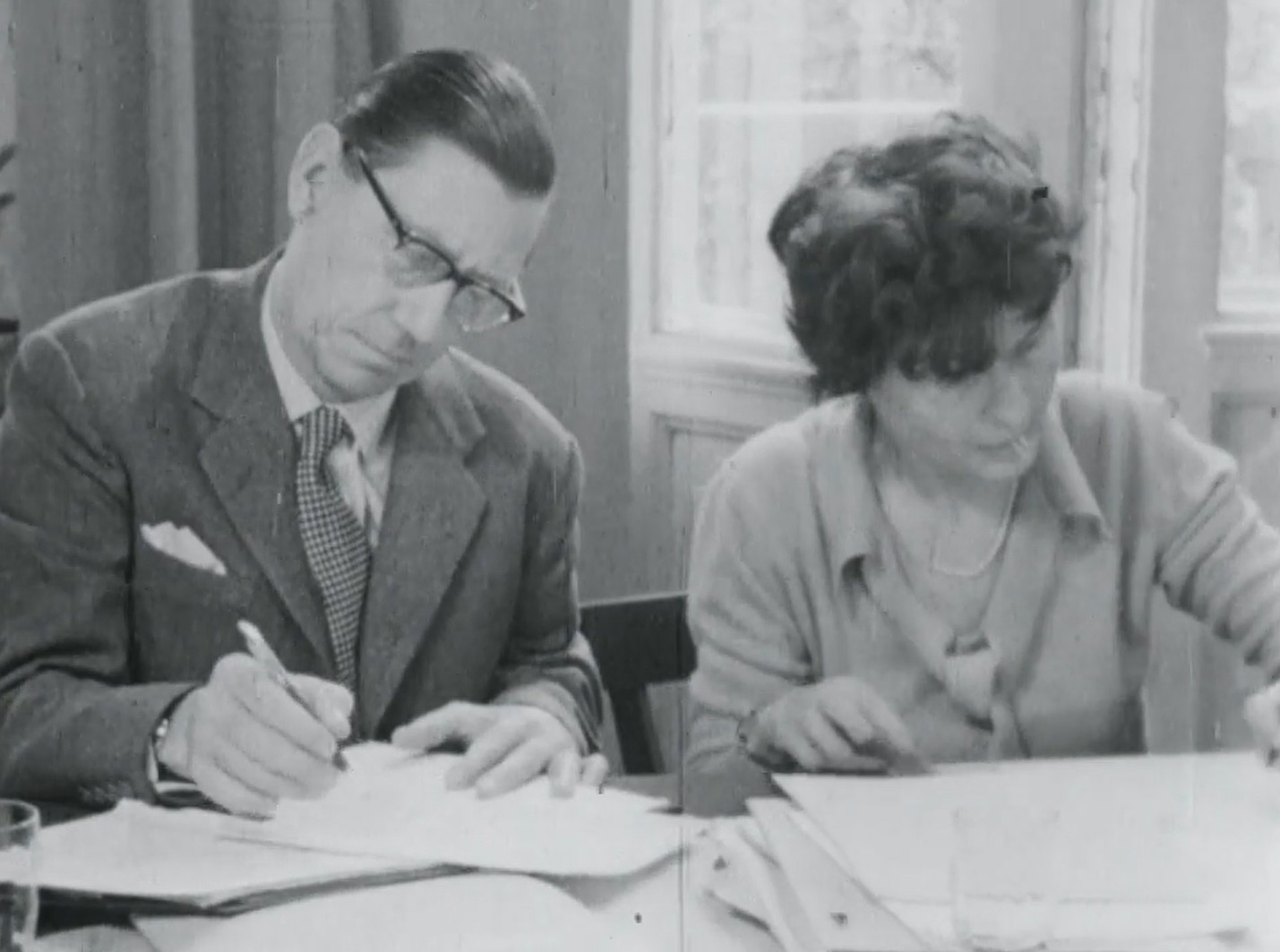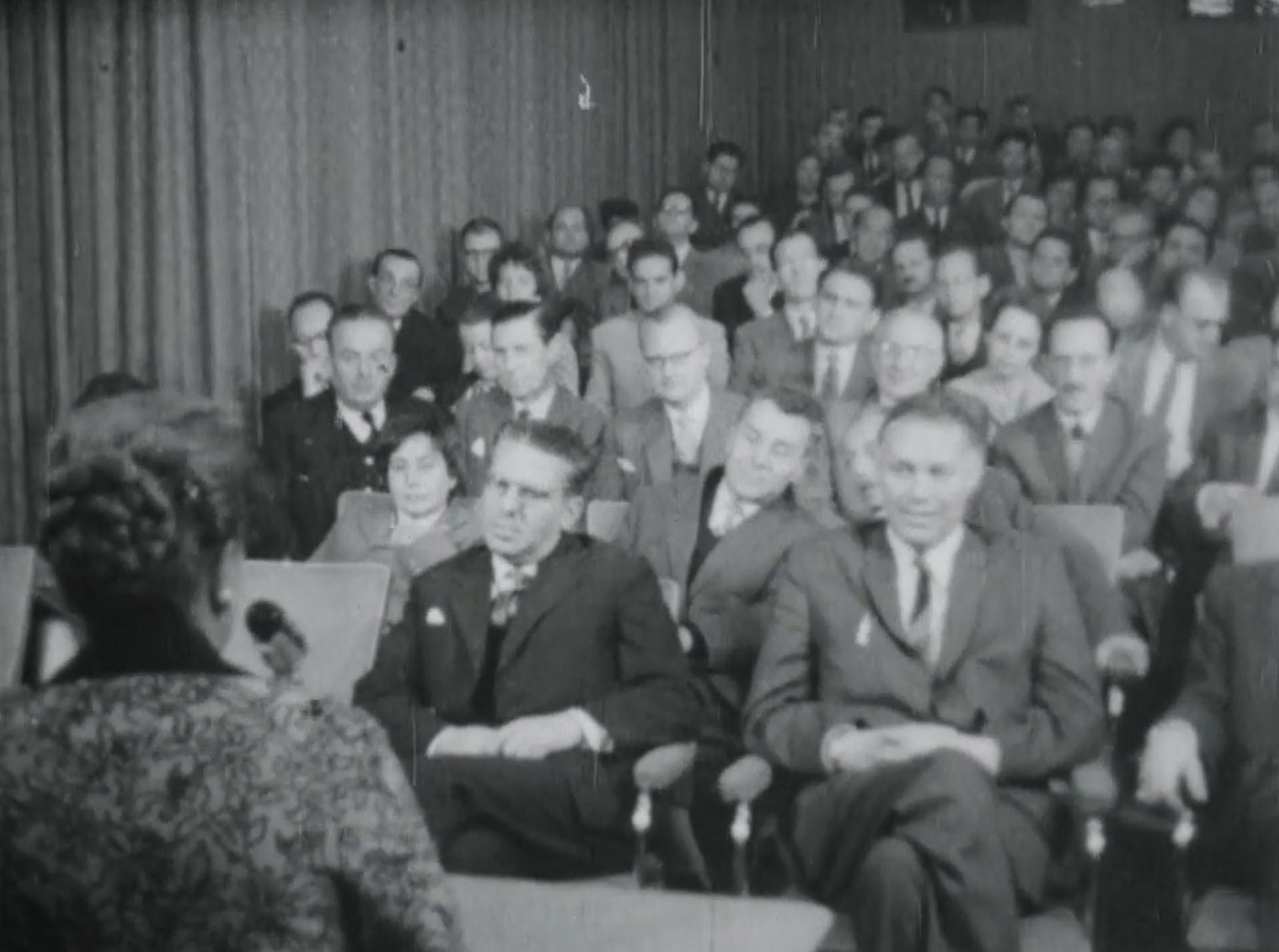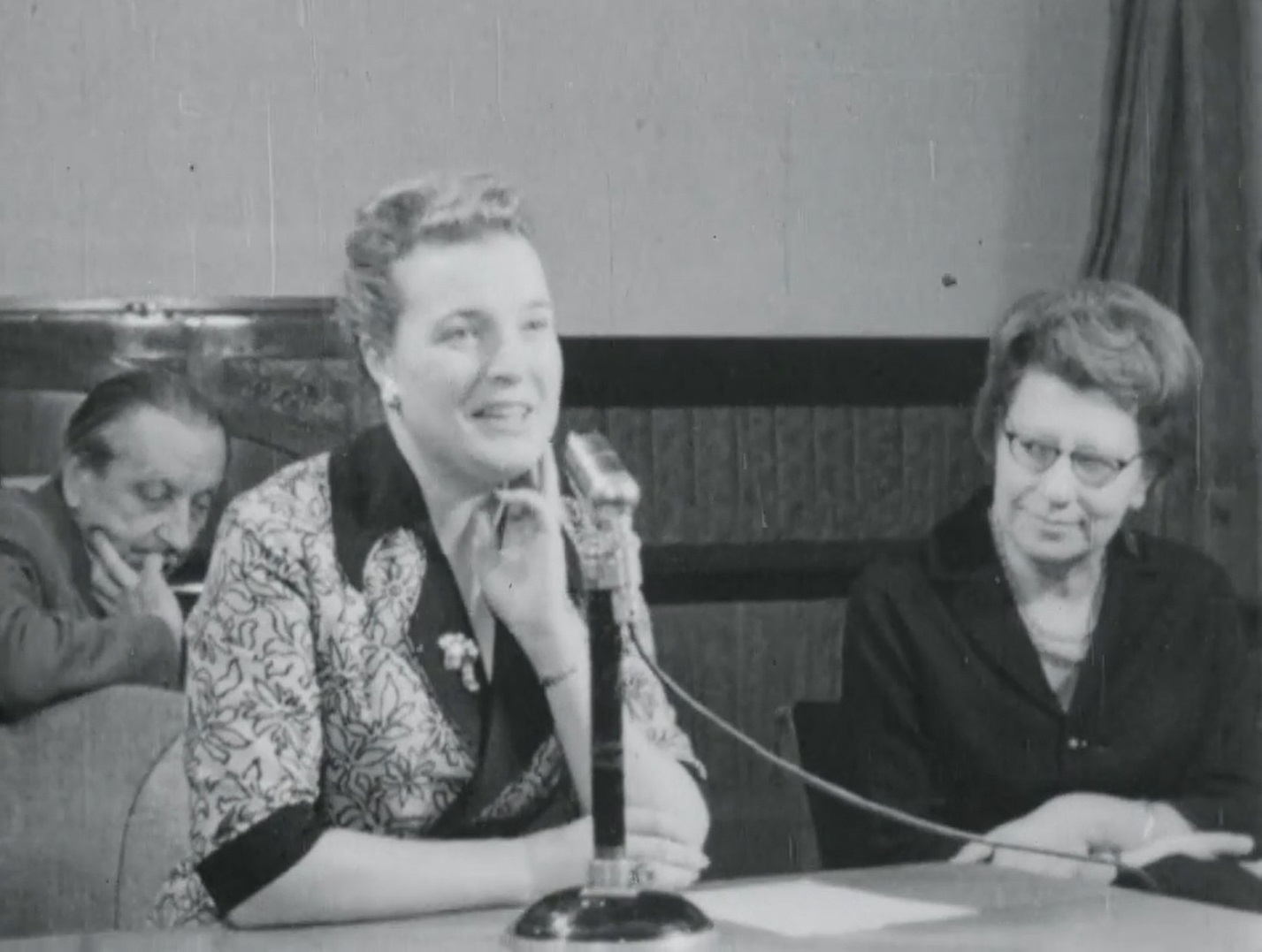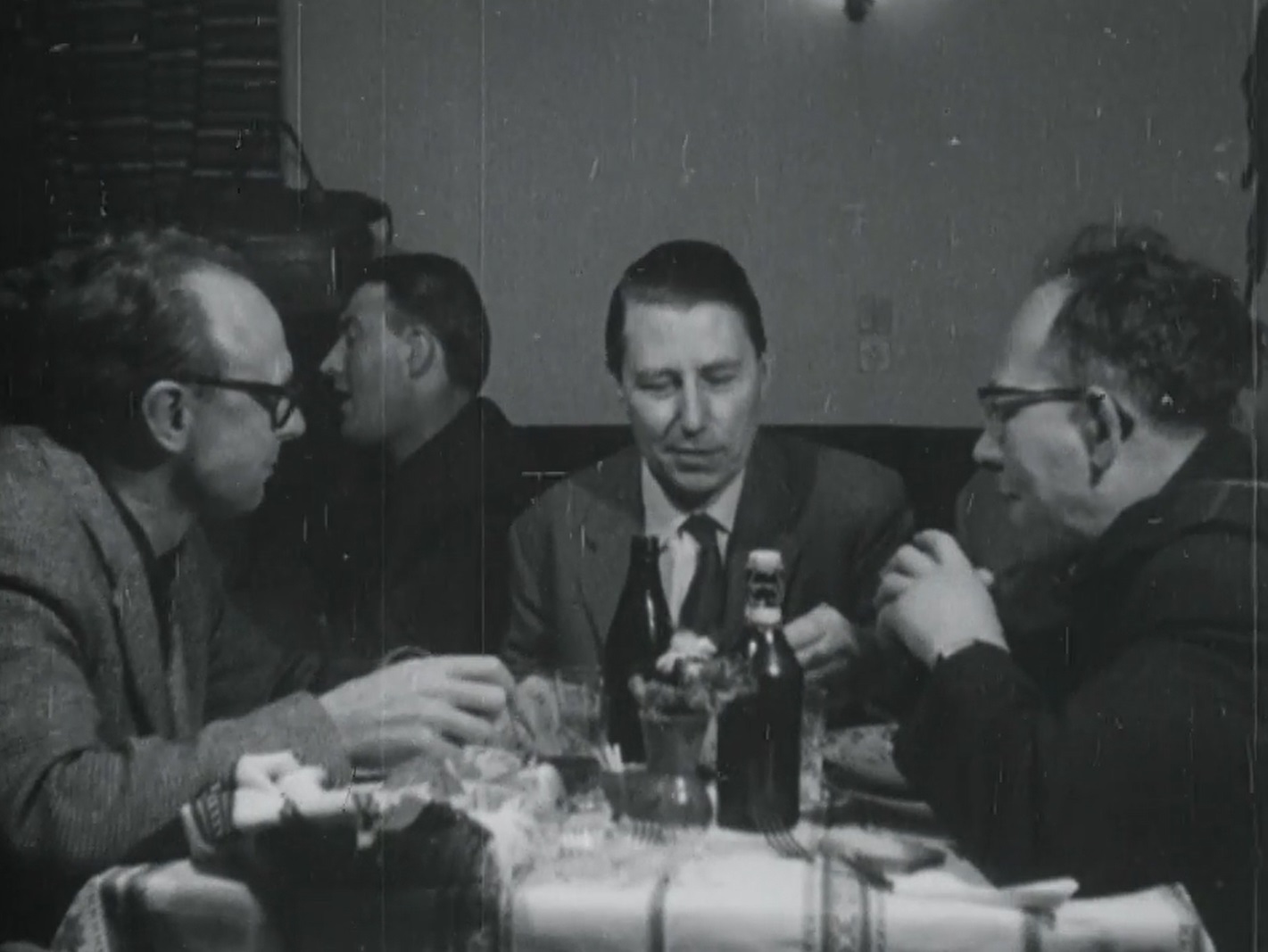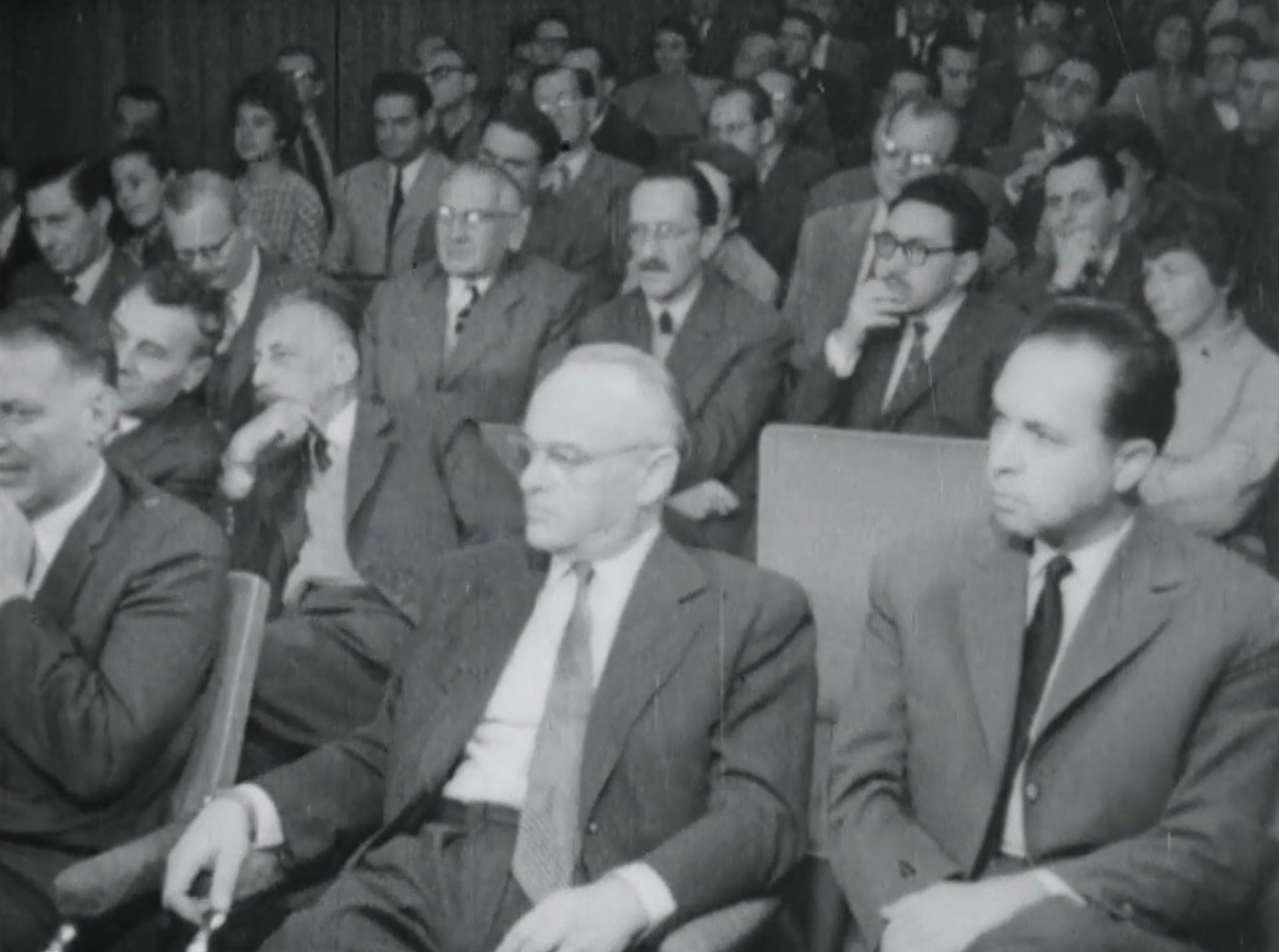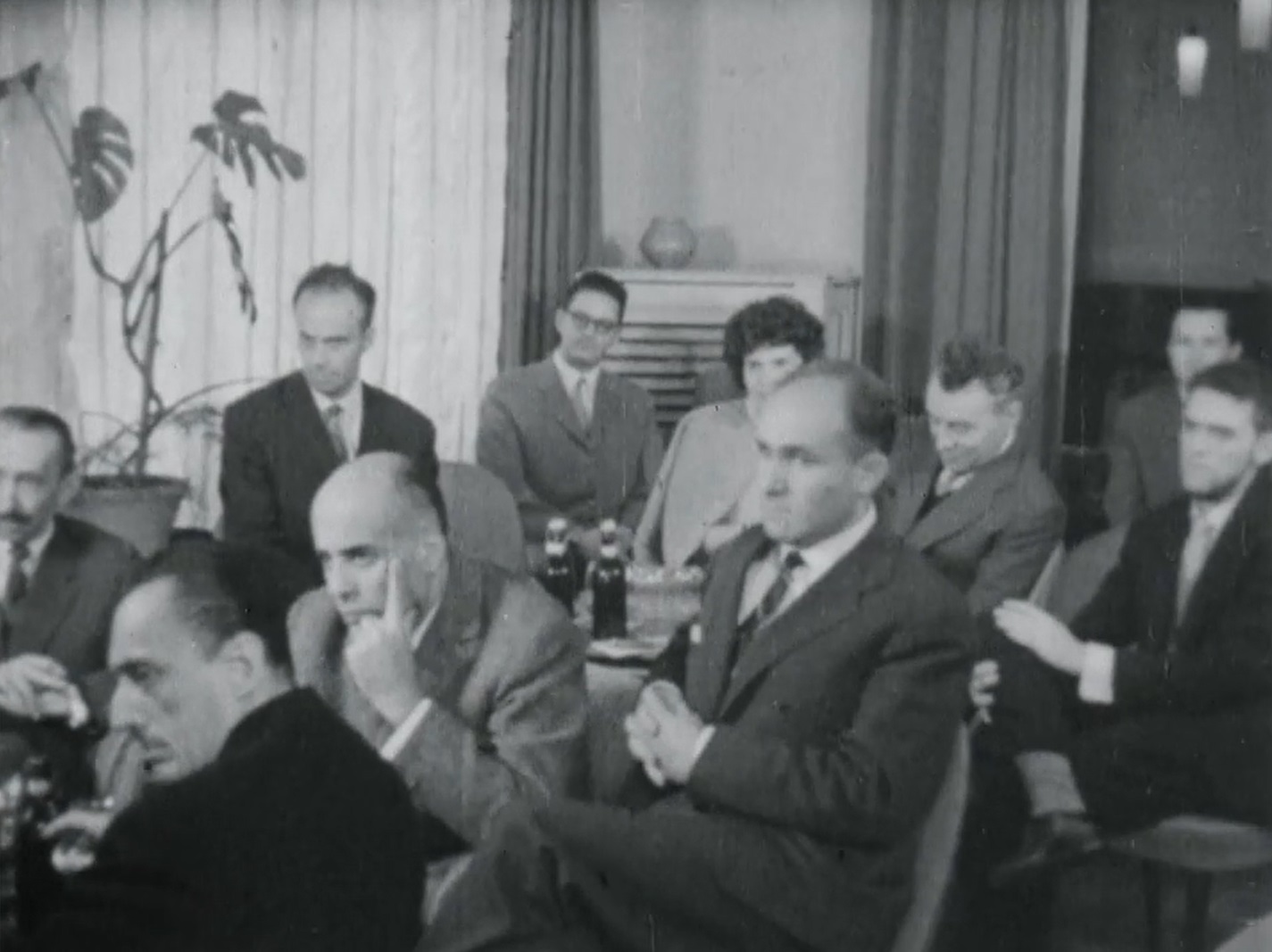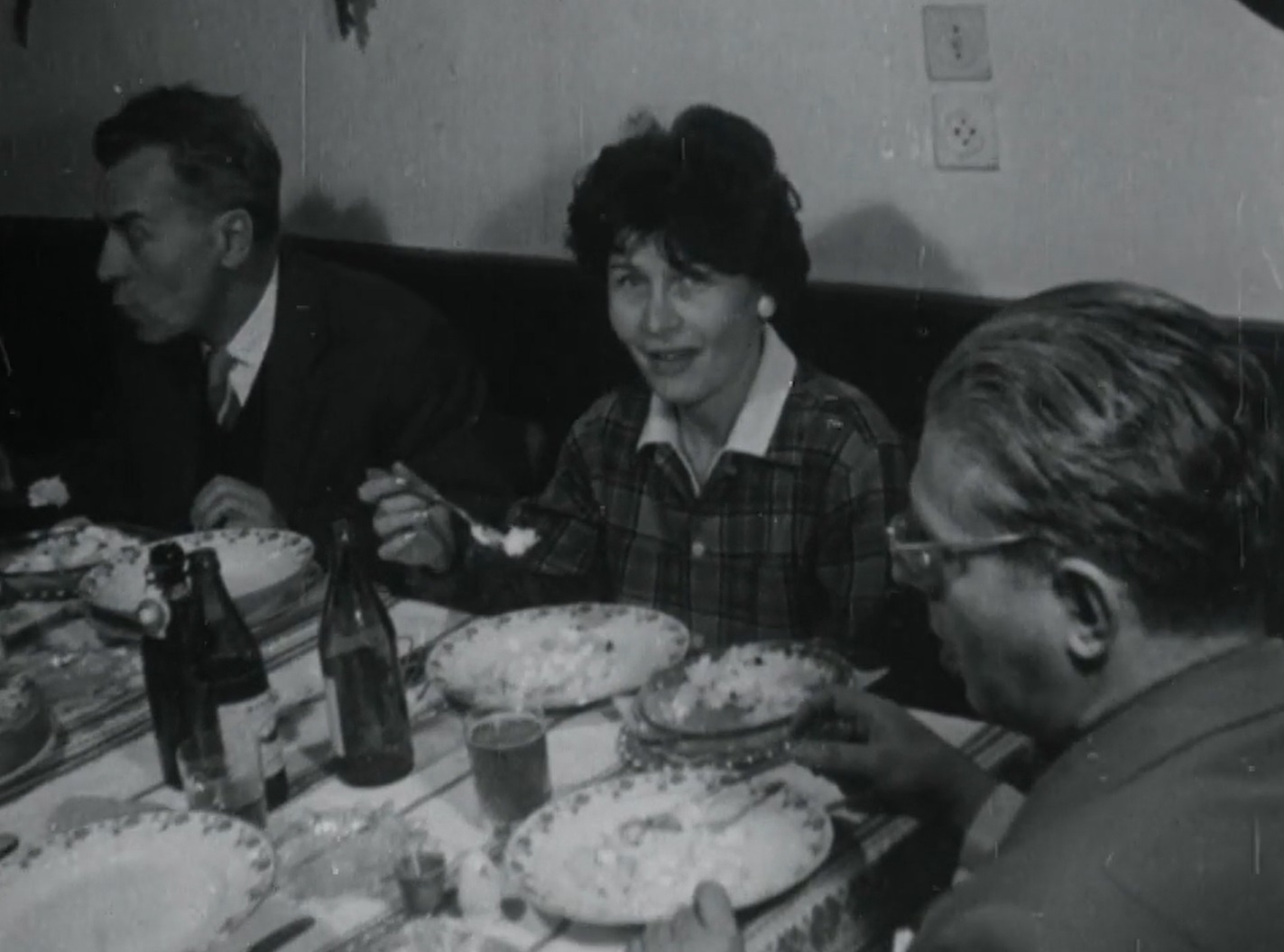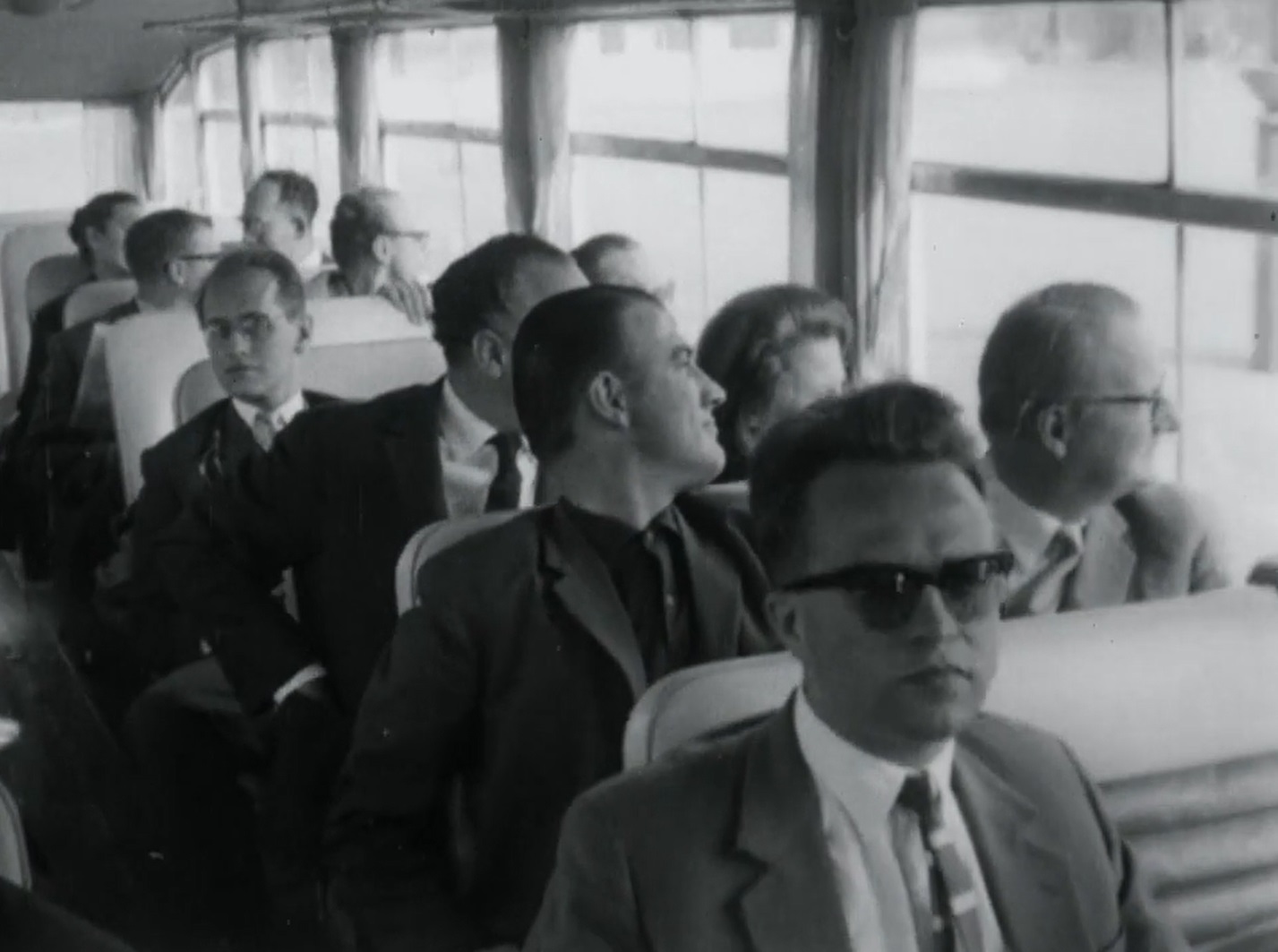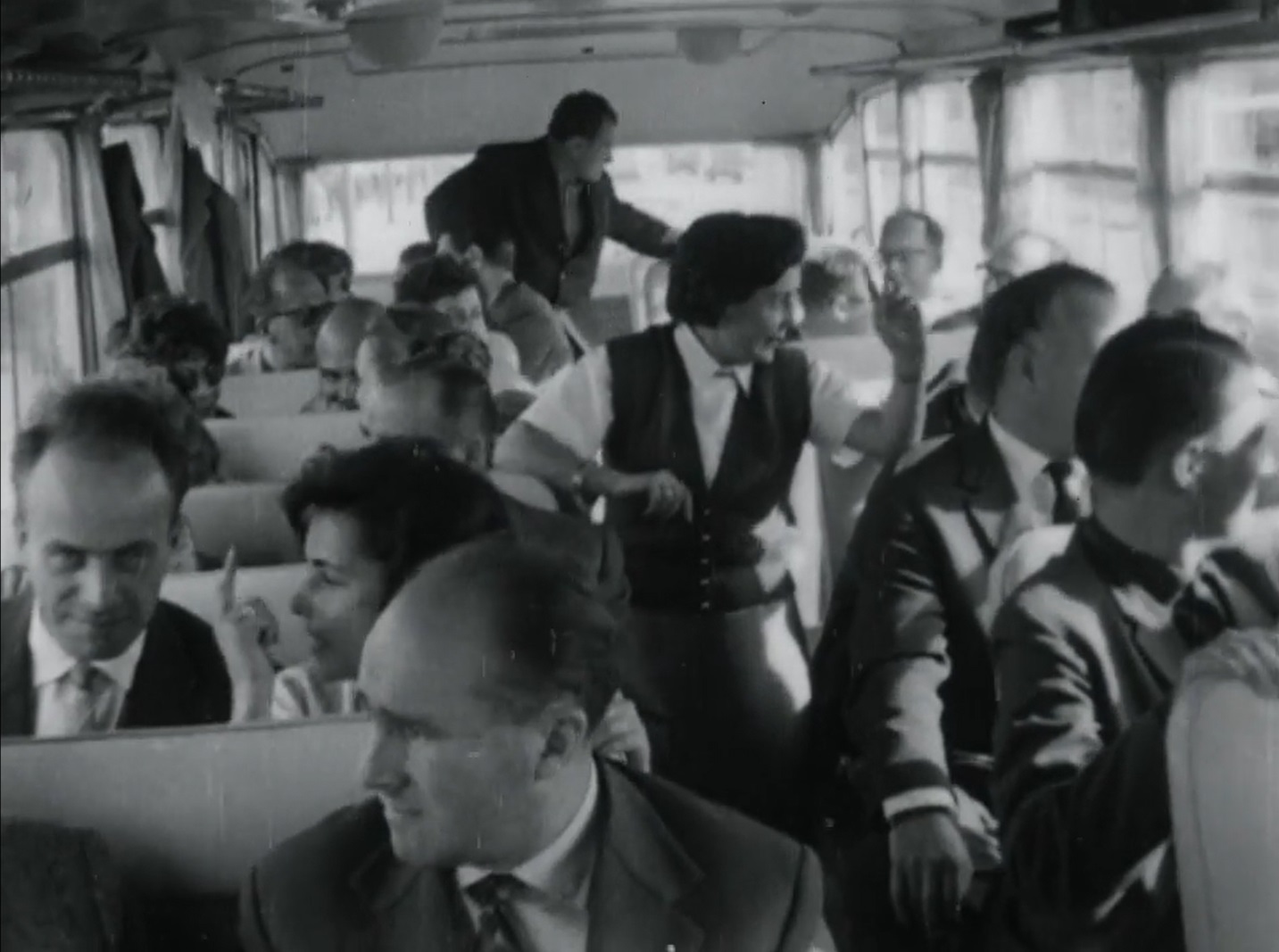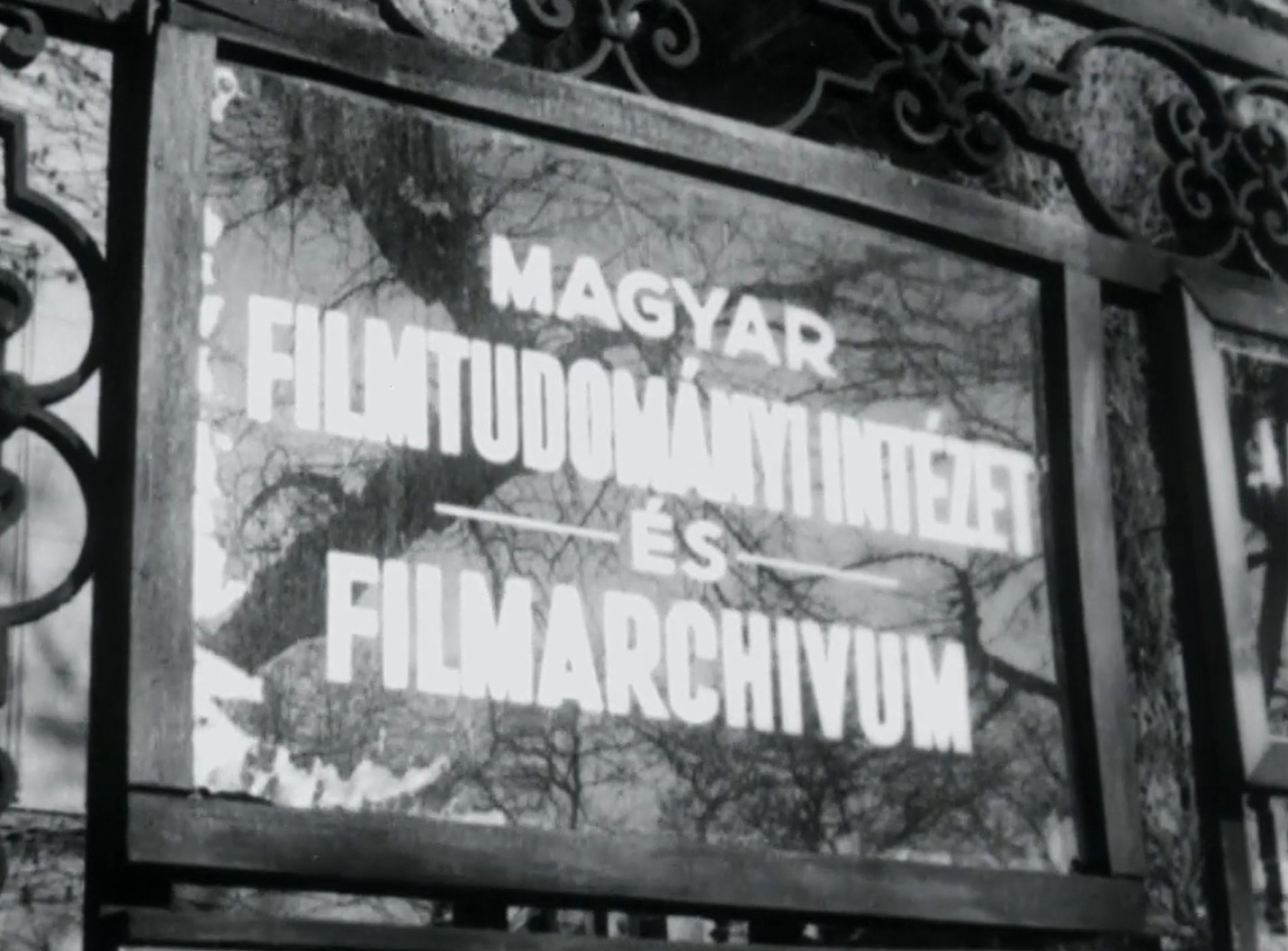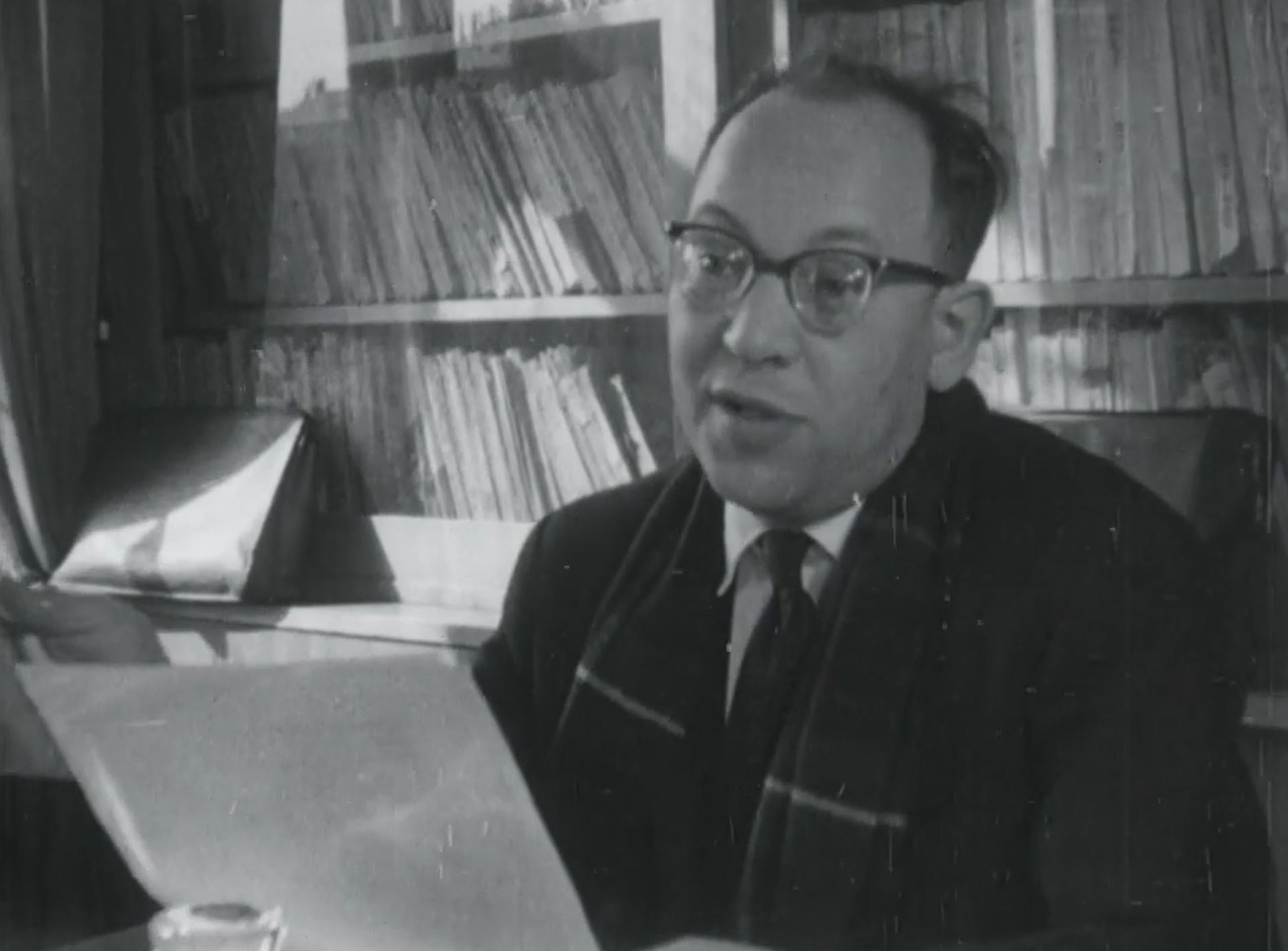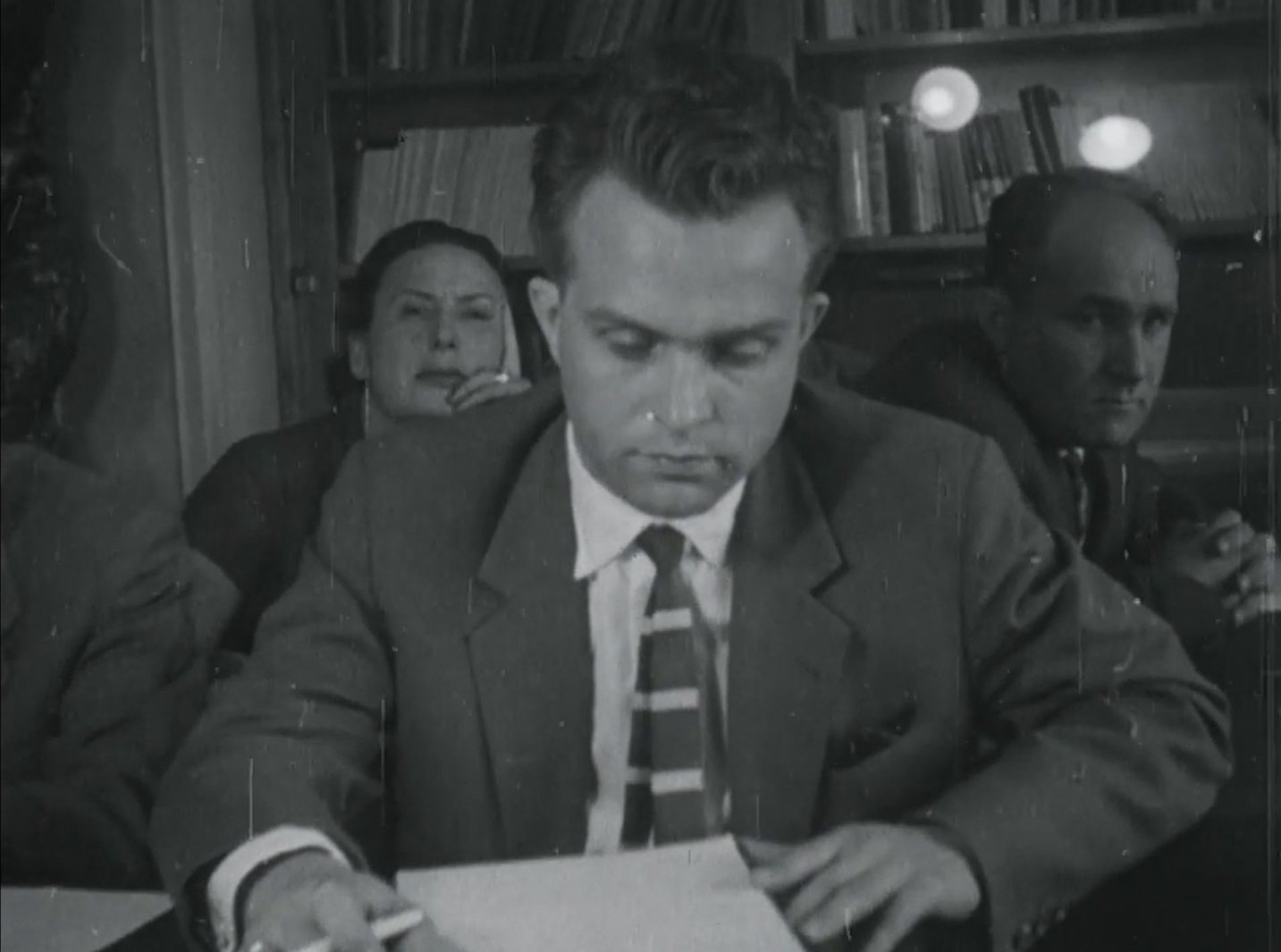1961 FIAF Congress, Budapest
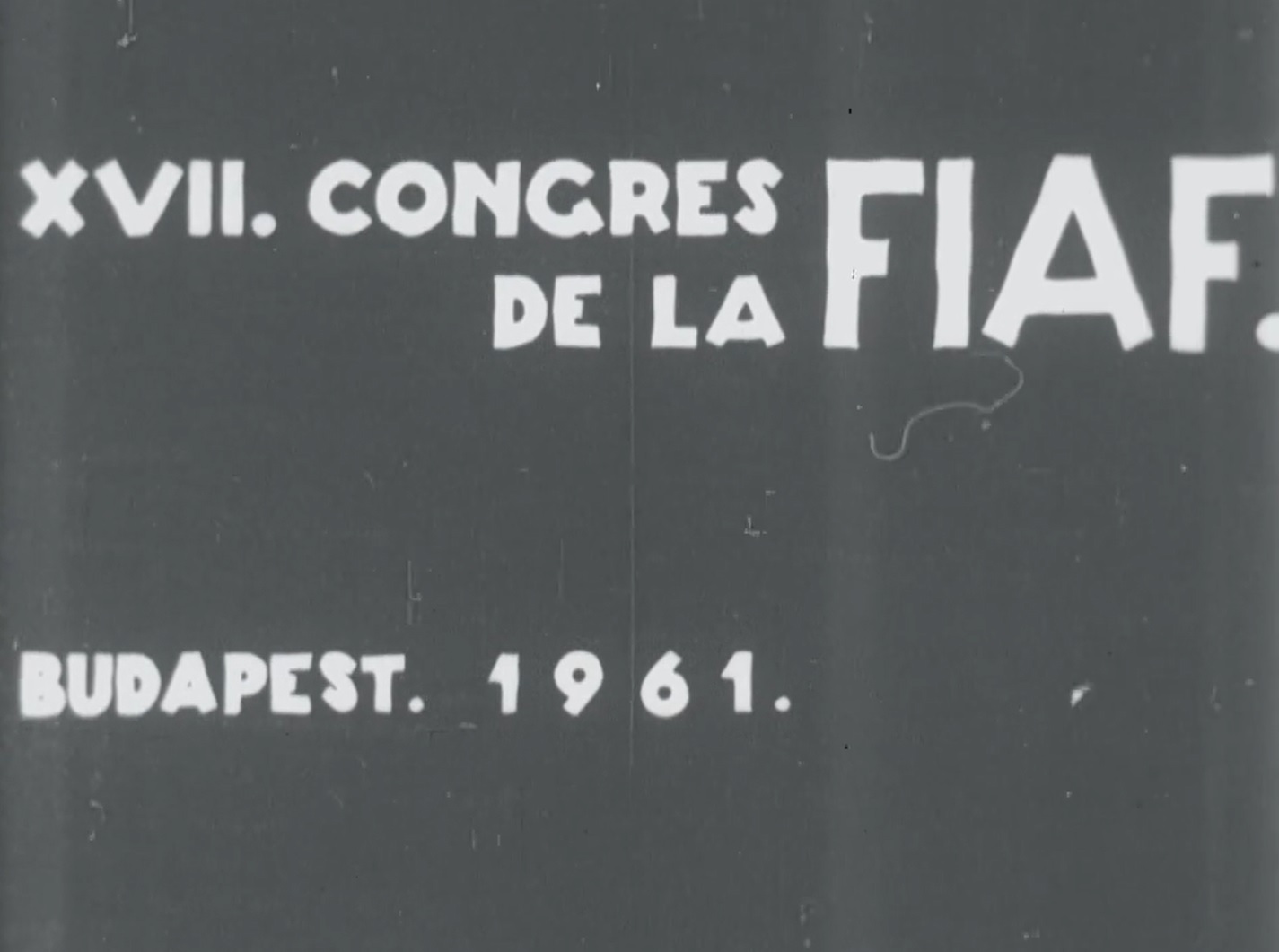
The XVIIth FIAF Congress, which took place in Budapest from 11-15 October 1961 and was hosted by the Magyar Filmtudományi Intézet és Filmarchívum (today the National Film Institute Hungary - Film Archive), was a key one in more ways than one. Following the irreparable conflict between Henri Langlois, Secretary General of FIAF, and the rest of the FIAF Executive Committee in early 1960, the Federation found itself in a very fragile situation in 1960-61, several FIAF members having decided to support Langlois's position. It was at the Budapest Congress that the FIAF community (22 out of the 34 Full Members of FIAF were present or represented) started rallying and opposing a united front against Langlois and his handful of supporters. FIAF would come out stronger of that serious crisis, while Langlois and the Cinémathèque française would officially leave FIAF the following year. 1961 was also a year when the Cold War between the East and the West reached its most dramatic moment, the 1961 Berlin crisis having culminated in the partition of the city and the erection of the Berlin wall a few weeks before the FIAF Congress opened. However, the impressive show of unity of all FIAF members present in Budapest confirmed FIAF's strict political and ideological neutrality.
Budapest was also the Congress during which an ambitious new programme of work was discussed, signalling for FIAF a new very productive phase during which the sharing of all kinds of experiences and knowledge would give birth to numerous collective projects and resources leading the film archival field on the path of professionalization. For instance, the Budapest Congress was the first opportunity for the FIAF community to hear from the newly-created Preservation Commission (today known as the Technical Commission), via an oral report by its Head, Herbert Volkmann. Jacques Ledoux, Curator of the Cinémathèque de Belgique, also reported on the project of a unified Catalogue of Silent Feature Films, to which 22 FIAF members had contributed. This catalogue, published in 1962 and circulated only among archives which had contributed to it, was the very first incarnation of what is now known in the FIAF network and beyond at the Treasures from the Film Archives Database. During the Congress, the FIAF Members' Filmservice (also known as FMF, FIAF Film Circulation Pool, or even FIAF Pool) was also officially founded. Managed by Jan de Vaal at the Nederlands Filmmuseum on behalf of FIAF, this new initiative was a free film lending service for FIAF members. It would last about a decade, but would never be as successful as had been hoped.
As part of the Budapest Congress, a special event commemorating the work of George Méliès on the occasion of the centenary of his birth was organized, in the presence of his grand-daughter Madeleine Malthête-Méliès. This special event, which included various lectures by archivists and historians (including Jerzy Toeplitz, Ernest Lindgren, Richard Griffith, Fausto Montesanti, and Yvette Bíró), as well as a screening of his films, can be seen as the first "FIAF symposium", an annual scholarly FIAF event that would only become a regular feature of FIAF congresses in the early 1970s.
The Congress also discussed and approved a number of modifications to the FIAF Statutes and Rules, addressing in particular FIAF's recent internal crisis. Finally, the 1961 Budapest Congress was also the Congress during which Jacques Ledoux was elected as Secretary General of FIAF. He would remain in that post for 17 years, becoming the undisputed leader of FIAF in this crucial period of great development of the Federation.
Feature on the 1961 FIAF Congress in Budapest on the 2022 FIAF Congress website.
Issue 21 of the FIAF Bulletin d'information/News Bulletin, autumn 1961
